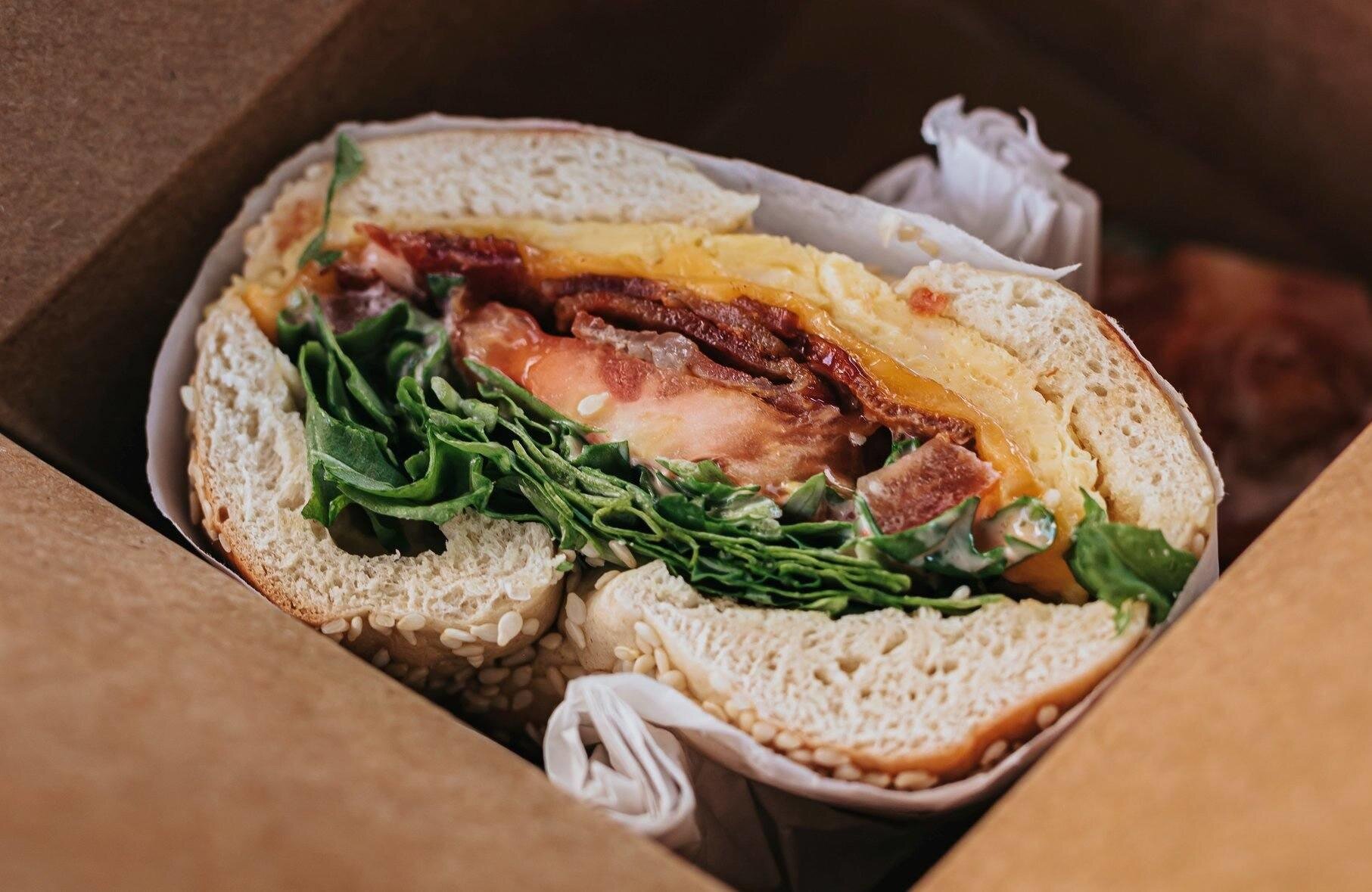The Sandwich: a Symbol of a Workplace Revolution
Whatever else you can say about Covid-19, it is an equal opportunities nightmare.
It has affected companies, their stock prices and customers across the globe and across all business sectors. And no one really knows what’s going to happen next as we become more aware than ever that our inter-dependability is also our chief weakness in scenarios such as this.
Don’t believe me? Well let’s look at something simple and straightforward, namely, the humble office sandwich.
In the times before the Covid plague, the United Kingdom food-to-go sector was worth £18.5 billion. That’s a lot of sandwiches. All that bread annually was worth around £7.85 billon in sales. But when coronavirus hit, the industry went into free fall. The reason was a simple one: the office sandwich business was predicated on commuters coming into offices. As that way of life ended so the trade it fed – literally – dwindled, and as working from home became not the exception but the new norm this impacted upon sandwich sales.
According to Nielsen, UK sales of sandwiches through convenience stores and delis in the four weeks to May 23 2020 were down 57.7 per cent on their 2019 levels. Adelie Foods, one of the UK’s largest sandwich manufacturers and supplier to Caffe Nero and Aldi, went into administration at the end of May 2020, with 2,169 redundancies.
Then just this week the news from Pret A Manger, one of the biggest UK players in the world of sandwiches, was equally bad. That high street supplier of coffee and sandwiches announced that it would be closing 30 stores and, furthermore, it would be cutting jobs. This was all because of a steep fall in sales. To be fair, Pret had tried by reopening 300 stores as lockdown measures eased. Sales still dropped 74% year on year. Bad news for the 1,000 employees that Pret had to let go; delayed bad news for the 13,000 people globally, including 8,000 in the UK, that Pret continues to employ. Ominously, Pret has hired property consultants Alvarez & Marsal and CWM to undertake a full real estate review. There are plans, it seems, for Pret to close all its 410 UK stores and also sell off its headquarters in Victoria, Central London.
Since 1983 Pret made a lot of money selling sandwiches and coffee to office workers. That business model looks positively antique now following the advent of Covid-19. The problem is simply this: sandwich makers like Pret were banking on a return to normality sometime soon, and with that all their customers returning in similar numbers just as before. What Pret didn’t realise or could not have imagined is just how much the world has changed. Covid-19 has altered everything, and that incudes our food habits – and here’s why.
Remote working has become the norm for many workers. We are all working from home, well most of us and most of the time. The sandwich trade depended on a whole host of the population chained to their desks in offices. Well those chains have been loosed, and those offices are empty. We’re free, and we’re at home, and we’ve got a well-stocked kitchen.
And what’s fatal for the sandwich merchants is that most workers do not seem to want to return to the office anytime soon. And even if they did, all those months at home making their own sandwiches has started them thinking. To begin with many will have lost weight as a result of home cooking and that is worth preserving – right? Then there’s the expense. Imagine you’re spending £3 on a sandwich and maybe another £3 on a coffee to go, day after working day. Five days per week that’s £30 per week, £120 per month, £1,440 per year. That’s a lot of bread.
If nothing else Covid-19 has made people think. About the direction of their lives, but also about how they are living those lives here and now, what their priorities are and what they are not. And, for my money, the over-priced sandwich will be seen for what it is by the few returning workers, namely, an over priced sandwich.
Fast food will be hard hit by the current crisis. Over-priced and poor in quality, it symbolized the worst aspects of modern Britain. But modern Britain is reappraising everything just now and that includes how we live, how we work and how we eat. And, a thinking consumer is bad news for the throw away culture of fast food chains, overcrowded commuter trains, to say nothing of the work culture of long office based hours with endless pointless meetings.
In short the demise of the humble sandwich is a symbol of a workplace revolution that has just got underway. Where we are headed next is anyone’s guess, but I’ll make another prediction: it won’t be back to what we knew before Covid-19 any time soon, and that includes the BLT.

